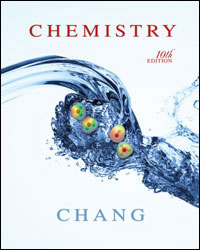1 A) the law of definite proportions. B) the law of conservation of mass. C) the law of multiple proportions. D) Dalton's description of the atom. E) None of the above. 2 A) Neutrons are smaller than either protons or electrons, so their presence is much more difficult to detect. B) Because neutrons are 1840 times heavier than protons, they are difficult to separate, and therefore, to count. C) Neutrons do not deflect charged particles. D) The similarity of the magnetic and electrical properties of protons and neutrons made them experimentally indistinguishable. 3 A) 19 protons, 21 neutrons, and 19 electrons B) 40 protons, 19 neutrons, and 40 electrons C) 21 protons, 19 neutrons, and 19 electrons D) 19 protons, 21 neutrons, and 40 electrons E) 19 protons, 19 neutrons, and 21 electrons 4 A) S B) Ca C) Fe D) Cl E) Rb 5 80 Br- ion hasA) 45 protons, 35 neutrons, 45 electrons. B) 35 protons, 45 neutrons, 34 electrons. C) 35 protons, 45 neutrons, 36 electrons. D) 45 protons, 35 neutrons, 46 electrons. E) 35 protons, 45 neutrons, 46 electrons. 6 (graphite) and C(diamond) are examples of:A) isotopes of carbon. B) allotropes of carbon. C) the law of definite proportions. D) different carbon ions. 7 A) Ba2 F3 B) BaF3 C) BaF D) Ba2 F E) BaF2 8 2 O3 isA) iron trioxide. B) iron oxide C) iron trioxide(II). D) iron(III) oxide. E) iron(II) oxide. 9 A) Cr(NO2 )3 . B) CrNO3 . C) Cr3 (NO2 )2 . D) Cr(NO3 )3 . E) Cr2 (NO2 ) 3 . 10 3 2- (aq) is sulfite ion. Therefore, the chemical name of H2 SO3 (aq) isA) dihydrosulfuric acid. B) sulfurous acid. C) dihydrogen sulfite. D) hyposulfurous acid. E) sulfuric acid.





